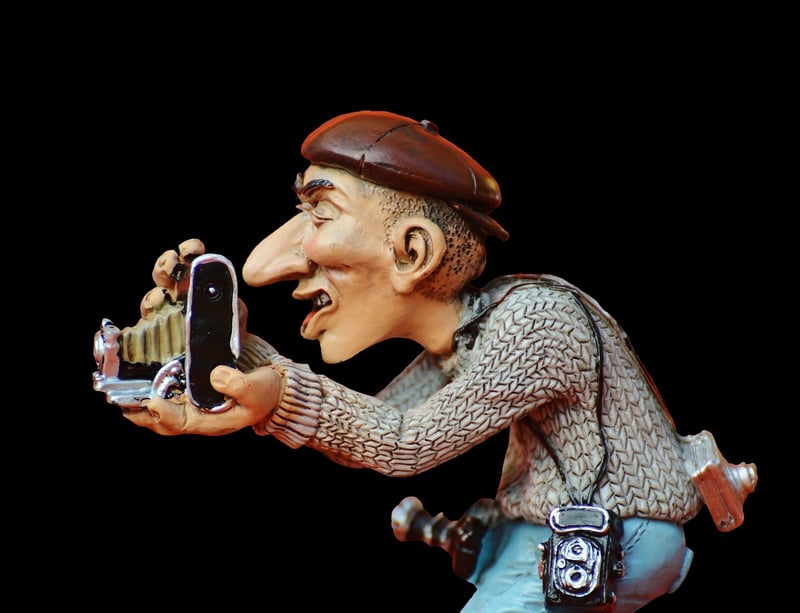Night Photography
Capture Moments Beautifully: A Guide to Night Photography
When the sun sets and darkness creeps in, it doesn't mean you have to put your camera away. Night photography offers a whole new world of creativity and beauty waiting to be captured. Whether you are a beginner or seasoned photographer, mastering the art of night photography can take your skills to the next level. Here's a comprehensive guide to help you capture stunning moments after sunset.
1. Understanding Night Photography
Night photography involves capturing images in low-light conditions, which requires a different approach than shooting during the day. Understanding the basics of exposure, shutter speed, aperture, and ISO settings is crucial to achieve great results in low-light situations.
2. Essential Gear
Investing in the right gear is essential for successful night photography. A sturdy tripod is a must to keep your camera steady during long exposures. Additionally, consider using a remote shutter release to prevent camera shake. A wide-aperture lens and a camera with good low-light performance can also enhance your night photography experience.
3. Camera Settings
Set your camera to manual mode to have full control over your settings. Start with a low ISO to reduce noise, choose a wide aperture to let in more light, and adjust your shutter speed accordingly. Experiment with different settings to find the perfect balance for your desired shot.
4. Composition and Framing
When composing your shot, look for interesting light sources such as city lights, star trails, or moonlit landscapes. Pay attention to leading lines, symmetry, and reflections to create visually appealing images. Experiment with different angles and perspectives to add depth to your photos.
5. Post-Processing
Editing plays a crucial role in enhancing your night photos. Use editing software to adjust exposure, contrast, and white balance to bring out the best in your images. Experiment with black and white conversions or adding a touch of color to create a unique look.
6. Practice and Patience
Like any other form of photography, mastering night photography takes practice and patience. Don't get discouraged by initial challenges—keep experimenting, learning from your mistakes, and refining your skills. The more you practice, the better your night photography will become.

With the right techniques and equipment, you can capture stunning moments beautifully even after the sun goes down. Embrace the challenges of low-light conditions, unleash your creativity, and let your passion for photography shine through in your night shots.
Happy shooting!
